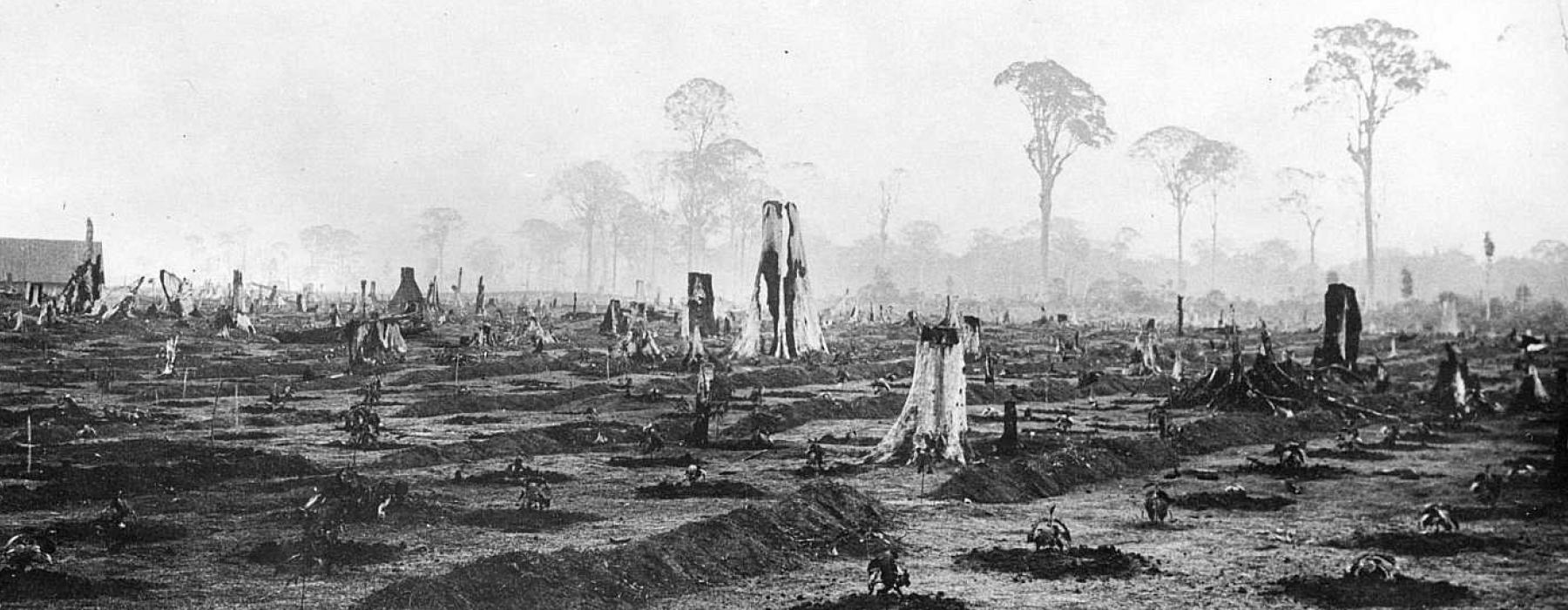
Human relationships to the earth have never been as monolithic as the term ‘Anthropocene’ suggests. And yet, it is clear that the cumulative human impact on the planet has been profound and is perhaps irreversible, or very nearly so. Turning towards material histories and agencies, can ethnographic collections offer a different viewpoint on humans as a geological force? For instance, can such collections be queried differently in order to pursue a ‘planetary history’ from the perspective of climate, environment, and those groups who have not defined humanity as distinctly apart from the natural world? Cultural objects related to climate, to environment, to nature - but also to trade, resource extraction, and commerce – reveal radically different human relationships with the earth. If an anemic liberal humanism has propelled the planet into an epochal dystopia, then the broad call to de-center the human in Anthropocene studies, should arguably be refigured as a call to de-center some humanisms and re-center others.
A shift in perspective may not only refocus our attention to other important but lesser known subjectivities and histories, but also recast the collections in a different light. If the calamitous planetary effects of industrial resource extraction and production are now generally acknowledged by numerous publics, many still remain under-informed about the role of colonialism in this history of catastrophe. Moreover, ethnographic collections, which present a diverse range of cultural subjectivities, have rarely been queried to address how these subjectivities are forged in various, changing relationships to the environment. While many communities and cultures have historically suffered under global extractive industries, we might also ask how the violence of global capitalism has doubled down, transforming previously sustainable practices into unsustainable microindustries. If profound human impact can also take place incrementally, at small scales over the long-term, even localized forms of creativity can become catastrophic when exposed to global market forces of exoticism, acquisitive desire, and demand. We should then ask: how might ethnographic collections then also be implicated in a story of global and local catastrophe? A planetary – or truly global – history must not only attend to these other histories but also to the ways in which they are historically cultivated and inextricably connected.
Text: C. Nakamura











